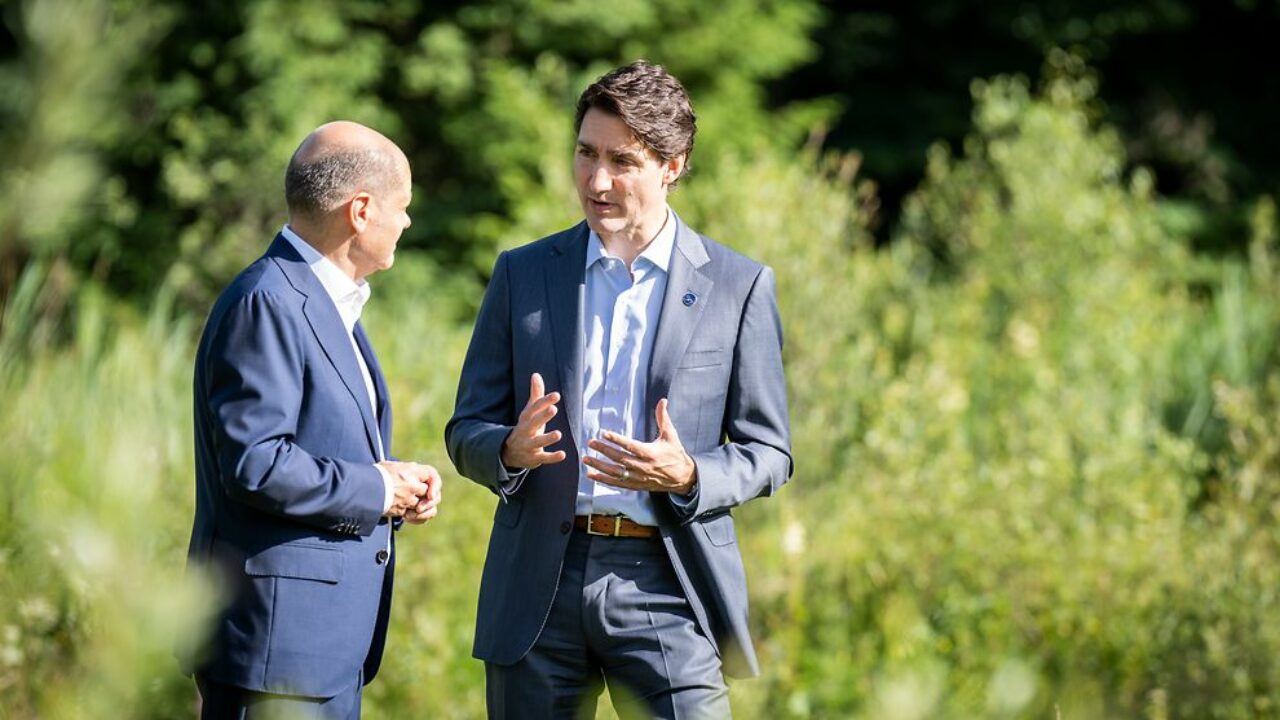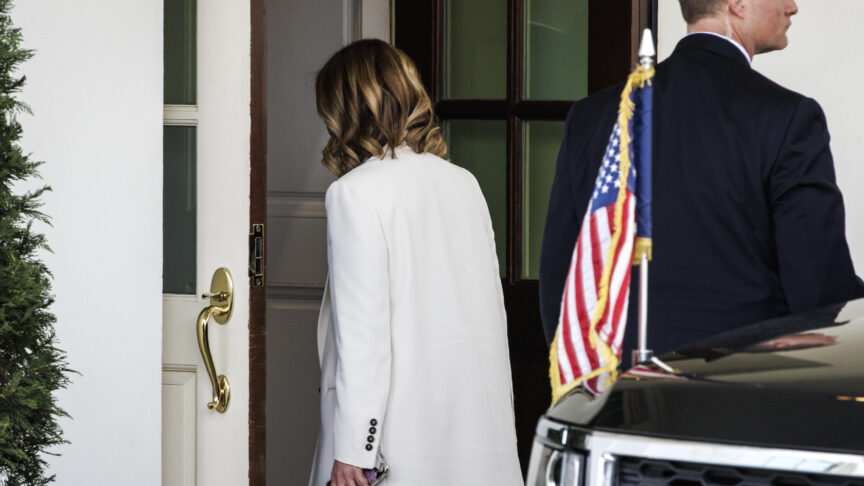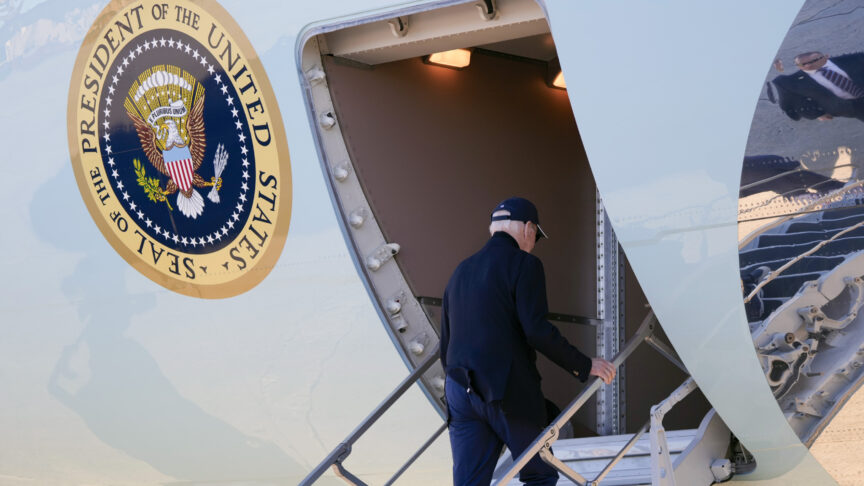Europe’s other transatlantic friend: Germany’s and Canada’s new energy partnership
Germany’s new energy partnership with Canada faces a range of technical and political challenges. But sticking with it could bring major benefits for both sides
“What do you think will happen in Europe this winter? Will people freeze?”, a concerned Canadian friend asked me recently. Canadians are no strangers to harsh winters, but they also live in an energy-rich country – which means they need not worry about months of sub-zero temperatures (even if they are determined to complain about them).
Alive to the looming threat to homes and businesses in Germany and across Europe, Chancellor Olaf Scholz recently visited Canada on a trip that lasted three days – an unusually long time for such an engagement. The message was clear: Germany needs Canada; this relationship is a new priority. The trip was almost a mea culpa. Scholz even remarked that: “Canada has similar rich mineral resources [to] those of Russia”. If you are going to look to an enormous, energy-rich northern country for your gas supplies, perhaps an established democracy was always the better choice. ‘Stability through trade’ might be the new maxim. Still, both sides were eager to play along and emphasise the value of the relationship.
The trip was almost a mea culpa. Scholz even remarked that: “Canada has similar rich mineral resources to those of Russia”
But can Canada really deliver? The obstacles are substantial. The country may be the world’s fifth-largest producer of natural gas and fourth-largest producer of oil, but it lacks the infrastructure needed to easily send liquefied natural gas (LNG) to Europe. Canada has no LNG-export facilities on its east coast, and it would take around four years to build such a terminal. And, given the European Union’s planned transition away from fossil fuels, some Canadian analysts fear that, by then, Europeans will have access to ample renewable energy, making any new LNG infrastructure a stranded asset. Even the prime minister, Justin Trudeau, has stated that the business case does not stack up for LNG-export infrastructure in his country’s east. And, although Alberta is home to abundant natural gas, Canada would need to build a new pipeline to send this across the country. Such pipelines are the subject of heated debate in Canada; provincial governments are able to block their construction, the land rights of indigenous people play an important role, and scientists and other citizens have campaigned against such projects on climate grounds.
But Scholz would not have made the trip if LNG were a complete non-starter. And, if Germany was prepared to push on with Nord Stream 2 over a decade of increasing Russian aggression, why not work with a friendly nation to obtain new energy sources in less than half that time? Still, he admitted that Germany “would really like Canada to export more LNG to Europe,” and, indeed, a number of Canadian commentators challenge Trudeau’s scepticism, as do some firms. For example, GNL Quebec announced in June 2022 that it had signed a memorandum of understanding with Ukrainian firm Naftogaz, promising to start deliveries of LNG in 2027 – despite Canada’s lack of export facility. This was a bold move, especially given that both the province of Quebec and the federal government have rejected GNL Quebec’s recent application to build an LNG-export site close to the Saguenay Fjord National Park. But proponents of the plan claim that Russia’s all-out invasion of Ukraine has changed everything. Europe’s avid search for gas presents an opportunity that many in Canada want to pursue. Elections and politics may shape this future: Quebec goes to the polls in October, and the province’s Conservatives are vocal in backing the LNG project in Saguenay.
Indeed, for the opposition in Canada, this is the perfect opportunity to criticise the Liberal government. Trudeau wanted Canada to be known for its resourcefulness, not resources. But opponents insist that Canada should have acted years ago – and could have provided Europe with LNG in the face of Russian extortion. Some almost accuse Trudeau of hypocrisy for saying that he stands with Ukraine even as he fails to do more to supply Europe with energy.
Despite the uncertainty over LNG, Scholz left Canada a signatory to a new Canada-Germany Hydrogen Alliance, which includes agreements to promote investment in clean hydrogen, support supply chains, and establish an energy corridor to facilitate exports. Both governments appear enthusiastic about the plan. And, according to some commentators, Germany has now tapped into boundless fuel potential. Yet the plan will deliver nothing to Europe until 2025 at the earliest, as production of clean hydrogen, despite being the new hype in the energy world, requires significant investment and more time to become a viable technology.
There is a bigger picture to this too. Their partnership with – and in many cases, reliance on – the United States has always overshadowed European states’ relationships with Canada. And Canada itself, one of the world’s most advanced economies, has at times struggled to punch its weight on the global stage, despite being a member of NATO and the G7. In 2020 it failed to gain a non-permanent seat on the United Nations Security Council for the second time in a decade, losing out to Ireland and Norway. Stronger relationships – underpinned by trade – with Germany and the EU could help Canada increase its clout.
And, all the while, both Canada and Europe are ever-wary of the US, fearing the potential election of a Trumpian president in 2024. Indeed, concern is so high about democratic backsliding there that many Canadian national security professionals warn that their southern neighbour could become an outright source of instability. In an increasingly shaky global order, such reliable friends are worth their weight in hydrocarbons.
The European Council on Foreign Relations does not take collective positions. ECFR publications only represent the views of their individual authors.



